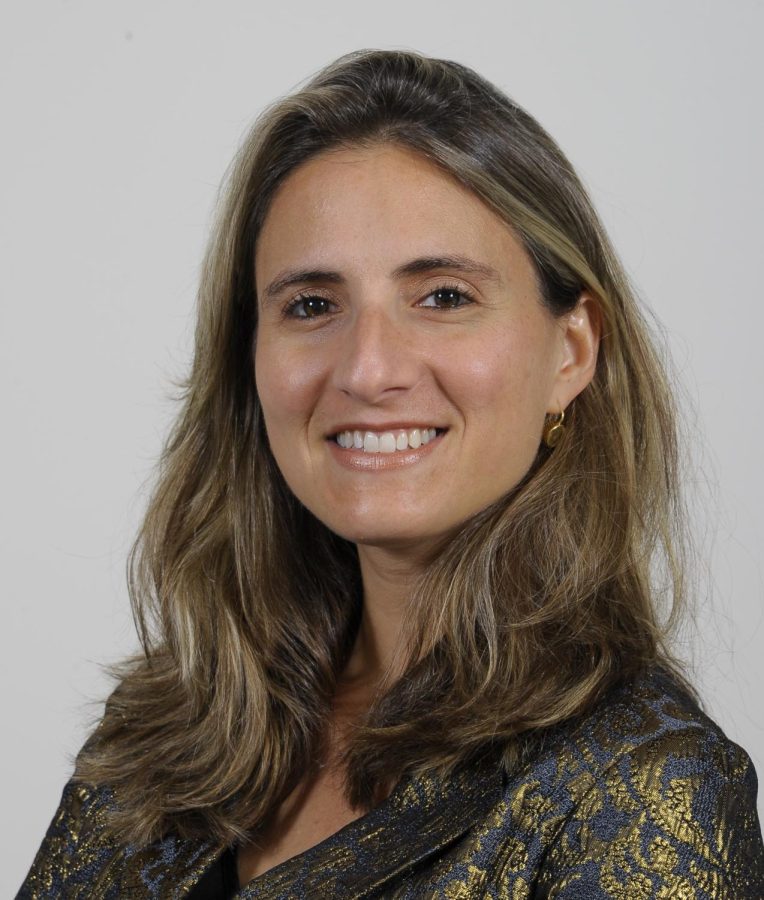On October 28th, Professor Eva Subotnik presented her article, Copyright’s Capacity Gap, 57 U.C. Davis L. Rev. (forthcoming Dec. 2023), co-authored with Professor Andrew Gilden (Willamette), at the 2023 IP Mosaic Conference. As described on the conference website, “[e]ach IP Mosaic Conference is typically organized around a specific IP social justice legal issue, policy, or socio-economic challenge.” Here is this year’s:
2023 Theme | IP Rights and Wrongs: Advancing Social Justice and Ethics
The IP Mosaic Conference is a unique convening of a diverse collective of academics, policy leaders and activists who meet to consider and critique IP protection. IP rights should advance social justice and ethical practices. However, when rights are abused or infringed they can also foster IP wrongs. As we encounter technologies like generative AI in our daily lives it is crucial that we evaluate how our IP laws can keep pace, to protect not only creators and innovators, but consumers and the public. What social justice impacts should we be interested in when considering businesses like data aggregators and miners, producers and distributors in the global information age? How should we understand privacy issues in relation to IP? And should any ethical norms govern competition between corporations or impact scientific investigation and discovery?
And here is the article’s abstract:
Most areas of law require that individuals meet a certain threshold of capacity before their decisions—e.g., to marry, to enter into a contract, or to execute an estate plan—are given legal effect. Copyright law, by contrast, gives legal effect to creative decisions by granting the decisionmaker many decades of exclusive rights so long as they are a human being and have demonstrated a “creative spark.” This article examines the overlooked consequences of this gap in capacity standards between copyright and other areas of law. It shows that this gap has produced numerous opportunities for vulnerable creators to be exploited by more powerful individuals—often individuals who have been entrusted with their care. These creators can produce valuable property interests through the copyright system, but they may lack the legal ability to make decisions about whether, when, where, and how to commercially exploit those interests. Copyright law expresses the important message that creative labor by legally incapacitated individuals is important and valuable, but it largely leaves these individuals at the mercy of a legal system that is often highly dismissive of their dignity and autonomy. This article surveys contemporary and historical examples of copyright’s capacity gap, and it examines potential ways of closing this gap for the benefit of vulnerable creators.

